Ida M. Tarbell on Disarmament and Personal and Social Peace"Take away a man's gun and it is no guarantee that he will not strike if aroused. You must get at the man—enlarge his respect for order, his contempt for violence, change his notion of procedure in disputes, establish his control. "It takes more than "gun toting'' to make a dangerous citizen, more than relieving him of his gun to make a safe one." Ida M. Tarbell, "Peacemakers: Blessed and Otherwise," 1922 It is hard to believe that truer words were ever written. It is easy to pass laws, but much harder to have the discussions—we need to have—to change men's and women's hearts. Only the latter approach leads to a foundation upon which to build a strong foundation for democracy. Peter E. Greulich Select the image or the link below to read more about the works and beliefs of Ida M. Tarbell.
0 Comments
Book Review of Herbert Hoover's "The Ordeal of Woodrow Wilson."Yes, Americans want their leaders to be virginally spotless when they speak of themselves, their policies, or their beliefs, but in order to deliver on those policies, our unwillingness to accept even a temporary setback sometimes issues forth a devil behind closed doors. Isn’t this the heart of many a movie script: the story of a good man or woman who must sometimes live and act in compromisingly grey areas, to deliver on their promise? Can the hero/heroine then extricate their souls unblemished from what they had to do to accomplish those ends? Subliminally, Herbert Hoover’s book consistently poses one question, “Do the ends justify the means?” … … to his death bed ending, Woodrow Wilson believed not. Peter E. Greulich Select the image or link below to read a book review of Hoover's "Ordeal of Woodrow Wilson." William (Coop) Procter and Procter & Gamble's First Profit Sharing Plan from 1887.During his time, Mr. Procter had to balance investments wisely between his stakeholder communities as he transitioned the company from manufacturing soap almost like it was made in home kettles to an automated, massive production machine with a hundred “kettles,” each one of which was three stories high, heated by steam coils, and filled with 175,000 pounds of fats/oils, caustic soda solution, and salts. He performed a wonderful balancing act over almost five decades. He ensured that profits from employee productivity improvements rose ever upward to meet the investing requirements of the business. William Cooper Procter then safeguarded the future of his corporation, the products of his customers, the dividends paid to his shareholders, and the livelihoods of tens of thousands of his employees, by … investing in the corporation’s products, processes, and people by expanding into new markets, and maintaining a sound financial position. Select the image to view the Procter & Gamble Profit Sharing Plan. Select the link below the image to read more detail on William (Coop) Procter and P&G. Book Review of "The Business Biography of John Wanamaker, Founder and Builder.""Let us understand the real thing; that it is not the building that makes the business, it is not the merchandise that makes the business, it is the people. "I astonished someone last week, as I said: “When I go downstairs and look around, I look very little at the merchandise. I can tell by the air whether the store is in proper form. "It is the people that I look at, the people. I cannot help but see the goods, but I see not the goods as much as the people. I wonder, as I look at the beautiful embroidery, I wonder how some one thought of the color. "It is all people, people, people." John Wanamaker, The Business Biography of John Wanamaker It seems all too predictable that our 21st Century chief executives always have to "relearn" that business is always about "people, people, people," isn't it? Peter E. Greulich Select the image or the link below to read a book review of John Wanamaker's biography. Herbert Hoover's Thoughts on the Liberalism of President Woodrow Wilson."My association with him was such that I formed convictions as to his philosophy of life, his character and his abilities which have deepened during these four decades. My approval of him is based solely on my own experiences with him and my knowledge of the forces with which he had to deal. . . . He possessed great clarity of thought, with a quick ability to reduce problems to their bare bones. . . . His public addresses were often clothed with great eloquence. "As a Jeffersonian Democrat, he was a "liberal" of the nineteenth-century cast. His training in history and economics rejected every scintilla of socialism, which today connotes a liberal. His philosophy of American living was based upon free enterprise, both in social and in economic systems. He held that economic system must be regulated to prevent monopoly and unfair practices. He believed that federal intervention in the economic or social life of our people was justified only when the task was greater than the states or individual could perform for themselves. . . . "Coming from an academic ivory tower with only a brief political career, he at times stumbled badly in the thicket of politics, . . . but . . . with his courage and eloquence, he carried a message of hope for the independence of nations, the freedom of men and lasting peace. Never since his time has any man risen to the political and spiritual heights that came to him. His proclaimed principles of self-government and independence aided the spread of freedom to twenty-two races at the time of the Armistice." Herbert Hoover, The Ordeal of Woodrow Wilson, 1958 Sometimes we forget that terms - such as liberal that we cast about flippantly today - carried a different meaning to those who used the words just a half century ago. I believe from all I have read, including Woodrow Wilson's The New Freedom [link to review], I would have enjoyed knowing this man. Peter E. Greulich Select the image or the link provided to read a review of "The Ordeal of Woodrow Wilson." Excerpt from Baruch's "The Public Years" about President Woodrow Wilson.“Freedom to Wilson was the supreme blessing of man. Democratic government was superior to all others because it gave to men the greatest measure of individual liberty. Individual liberty—the words are inseparable [emphasis added]. The individual, Wilson said, is the ‘first fact of liberty.’ There can be ‘no corporate liberty,’ he pointed out. ‘Liberty belongs to the individual or it does not exist.’ “This is a truth which we are in danger of forgetting in an age when, increasingly, we think and act in terms of blocs and groups. The pressure of these groups steadily erodes our individuality and independence. More and more we rely on government to solve our problems. But as much as Wilson extended the role of government, his purpose was to free the individual and never to shackle self-reliance and initiative. “These are the keys to human progress. Wilson knew that only individuals, not government, can provide the sense of moral responsibility which is the basis of a just and enduring society.” Bernard M. Baruch, The Public Years, 1960 Select the image or link provided below to read a review of "The Public Years" by Bernard Baruch. Woodrow Wilson's Last Words Dictated to His Wife from His Death Bed"The road that leads away from revolution is clearly marked, for it is defined by the nature of men and of organized society. … The nature of men and of organized society dictates … the highest and purest standards of justice … We should not entertain a narrow or technical conception of justice. "By justice, the lawyer generally means the prompt, fair, and open application of impartial rules; but we call ours a Christian civilization, and a Christian conception of justice must be much higher. It must include sympathy and helpfulness and a willingness to forgo self-interest in order to promote the welfare, happiness, and contentment of others and of the community as a whole. … The sum of the whole matter is this, that our civilization cannot survive materially unless it be redeemed spiritually. … " … Shall we not all earnestly cooperate to bring in the new day?" Woodrow Wilson, "The Road Away From Revolution" Shouldn't we cooperate to prevent conflict and revolution? The path of evolution, not revolution, is best served by a system of justice. Peter E. Greulich Select the image or the link to read the article written by Woodrow Wilson on his death bed. Thoughts on Burning Books or Taking Down Civil War Statues.When a few—in two different centuries—take it on themselves to destroy those things they don't want to see, read or listen to, are they the equivalent of each other? How far back do we go into history to uproot history and make it conform to our current beliefs of what is right? How far back can we go and see into the heart of a man or woman to judge their actions? Are we all now gifted clairvoyants? Were any of us there at an individual's last breath to know their regrets? Won't history a century from now look on today's actions with a different set of eyes and new judgments? Will it know our last breath's regrets?
Maybe, at times, the few do know better . . . maybe, at times, they don't . . . but is either following the enlightened path of democracy? Does either change the heart of the individual, which is mandatory for a true internal change of character that will be reflected in a democratic society's long-term culture? Don't we need a better way in a republic built on democratic principles? Isn't the answer to all these questions simple? An answer provided 2000 years ago: "Let him who is without sin cast the first stone . . . light the first fire . . . or swing the first axe." Peter E. Greulich, A List of Questions with One Answer
Penetrating a Perceived Leadership Trait with a Machiavellian Thought."This last quality, piety, is the most important for a leader to appear to possess, as men—in general—judge more from appearances than from reality. … All men have eyes but few have the gift of penetration. "Everyone sees your exterior, but few can discern what you have in your heart." Machiavelli, The Prince, Chapter XVIII From Ida M. Tarbell's "John D. Rockefeller Sr.: A Character Study," 1905 Scary, but unfortunately true. My best friends are those who use their eyes to truly see me and then share what they see. It isn't always easy to hear, but the "penetrating" perspective is always the most profitable when shared by one close to you with love, tenderness and care. True friends have eyes that "see you" with the "gift of penetration" and then share their thoughts "out of love." Peter E. Greulich, Putting a Machiavellian idea into positive practice
Bernard Baruch Quote on the Need for Outstanding Talent in an Organization."I have seen too many organizations fail, in business and in government, because more attention was given to tables of organization and operating handbooks than to finding the right men [and women] for the job. Outstanding talent can make any organization work." Bernard M. Baruch, The Public Years Select the image or the link below to read reviews of Bernard M. Baruch's, "The Public Years." |
Peter E. GreulichPeter E. has been studying IBM and early American corporate history since his retirement in 2011. These are his thoughts and musings, and of those whose biographies and autobiographies he has read with links to articles and book reviews on this website. Contact the author directly.
|
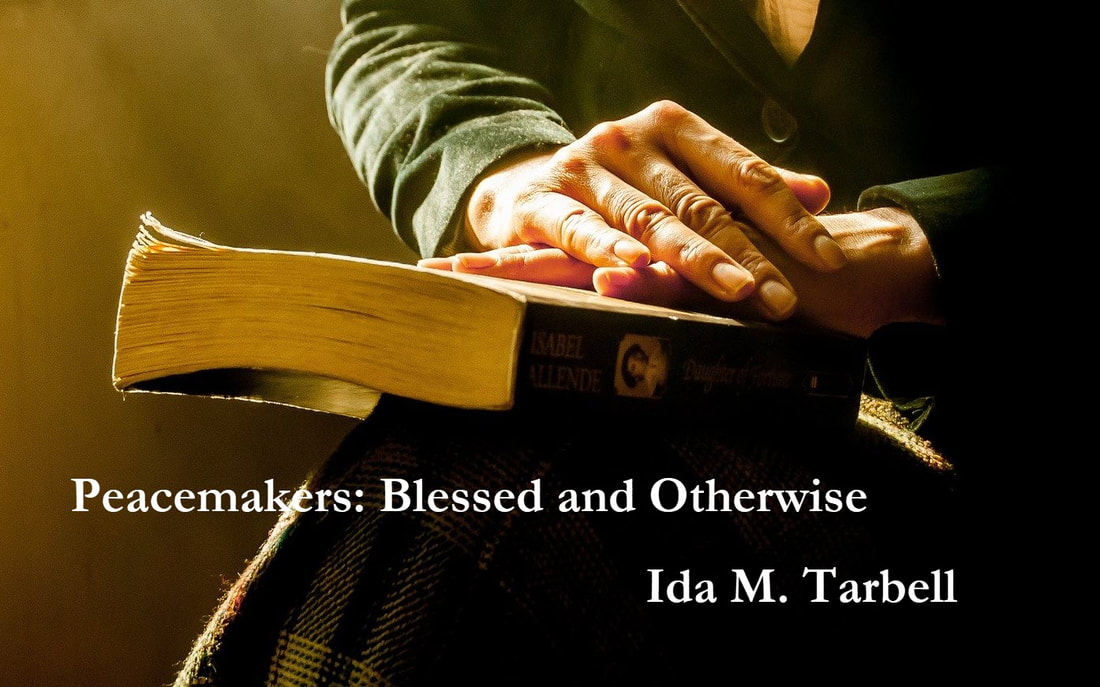
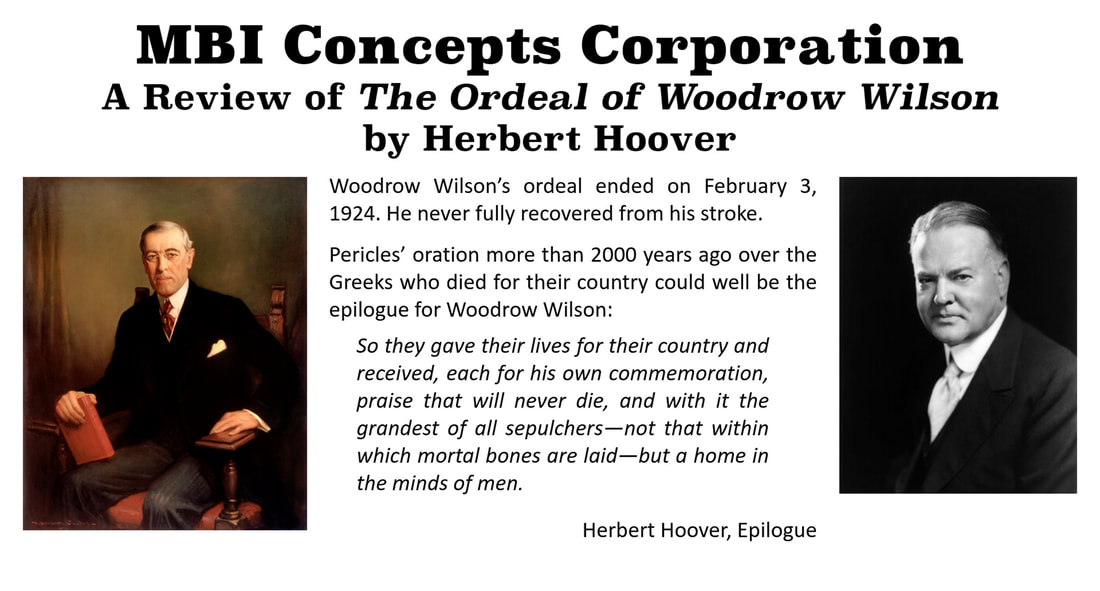
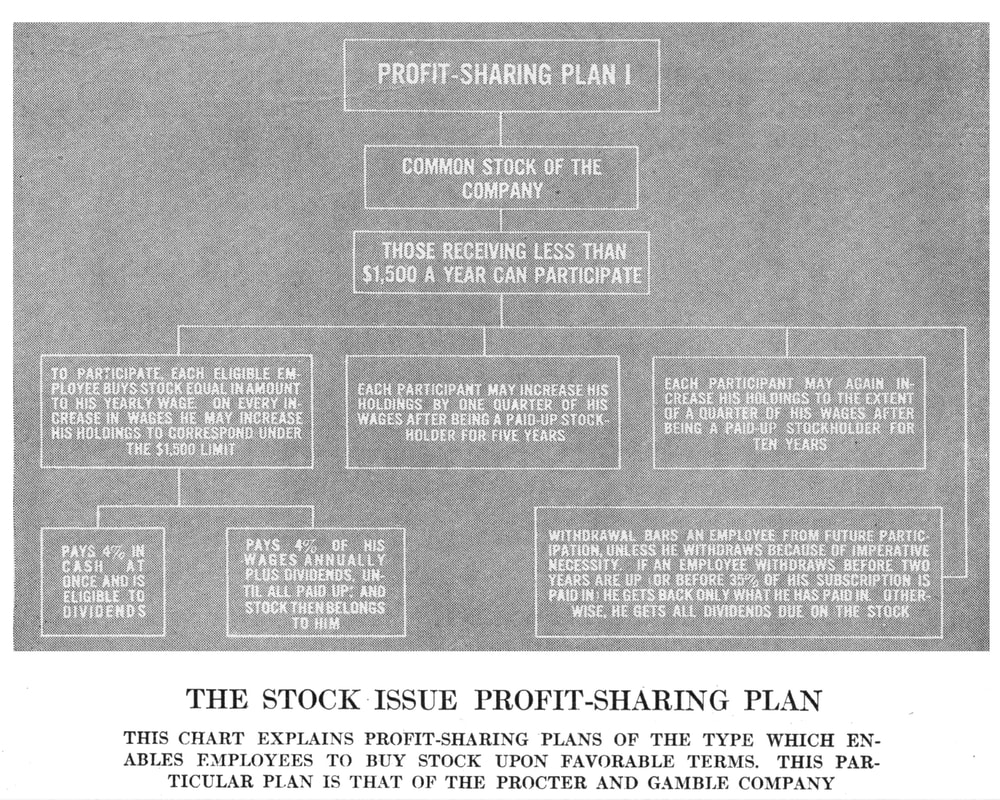
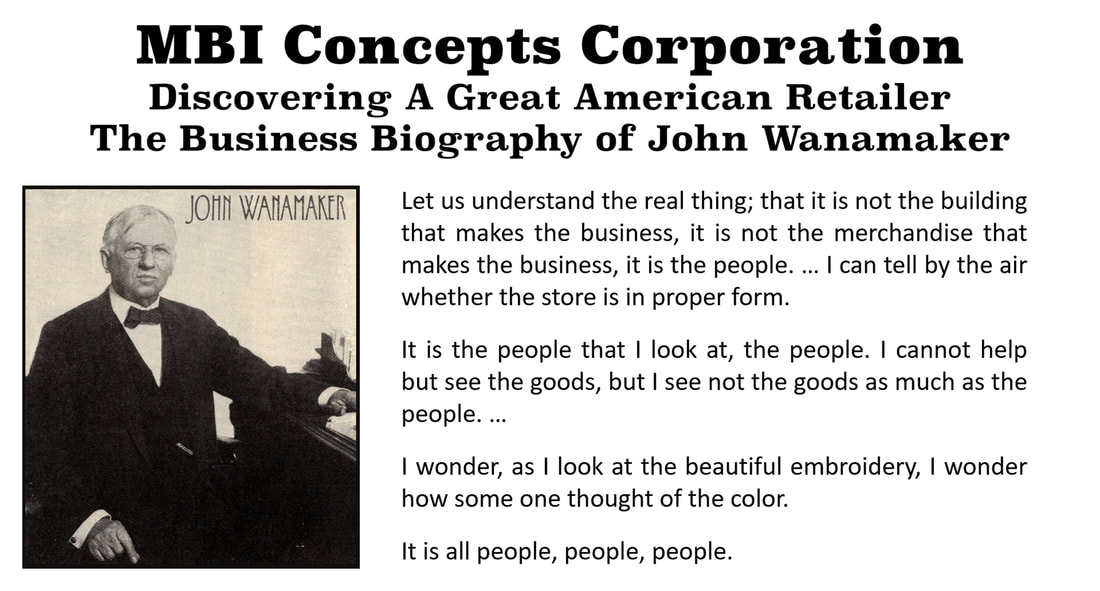
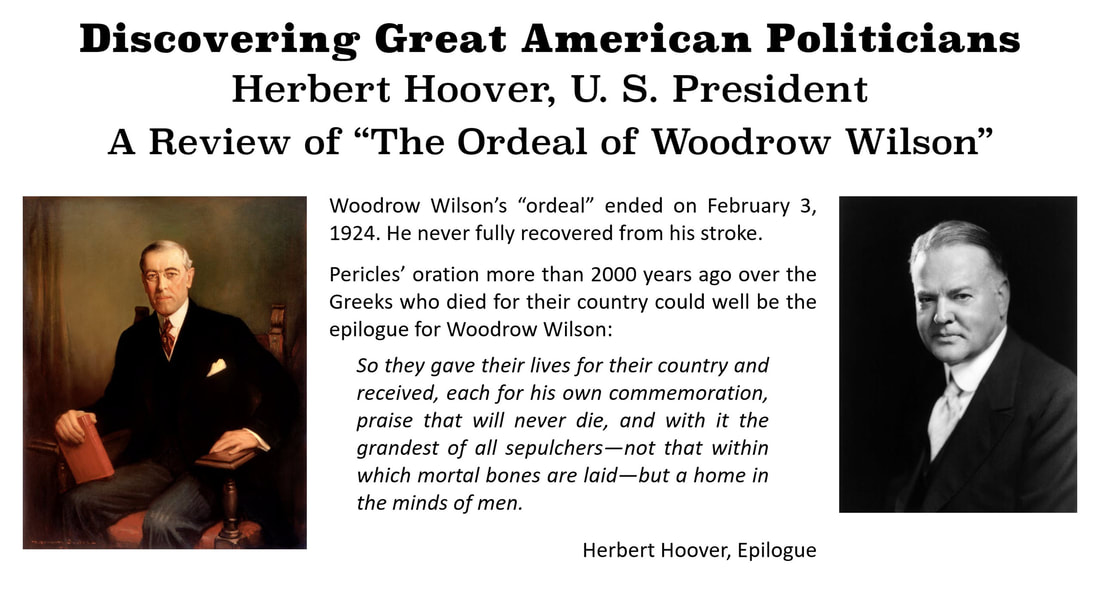
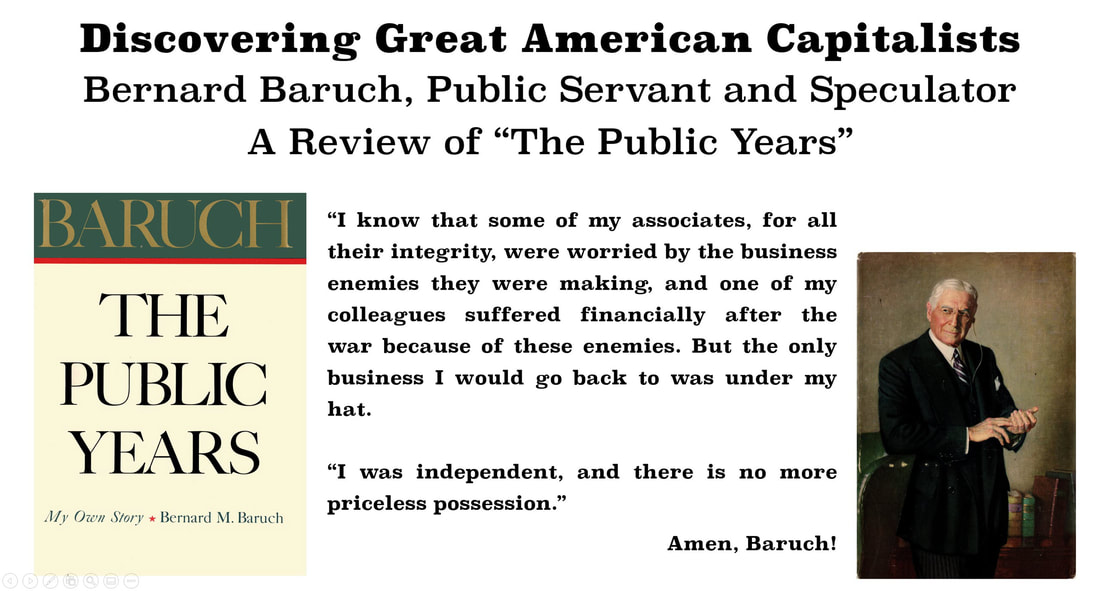
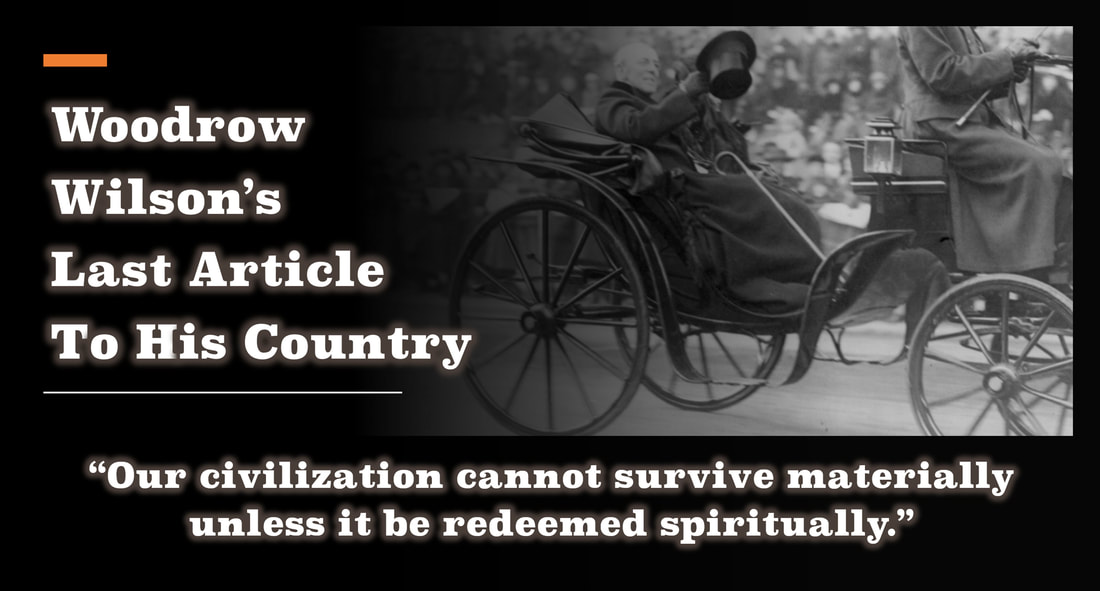
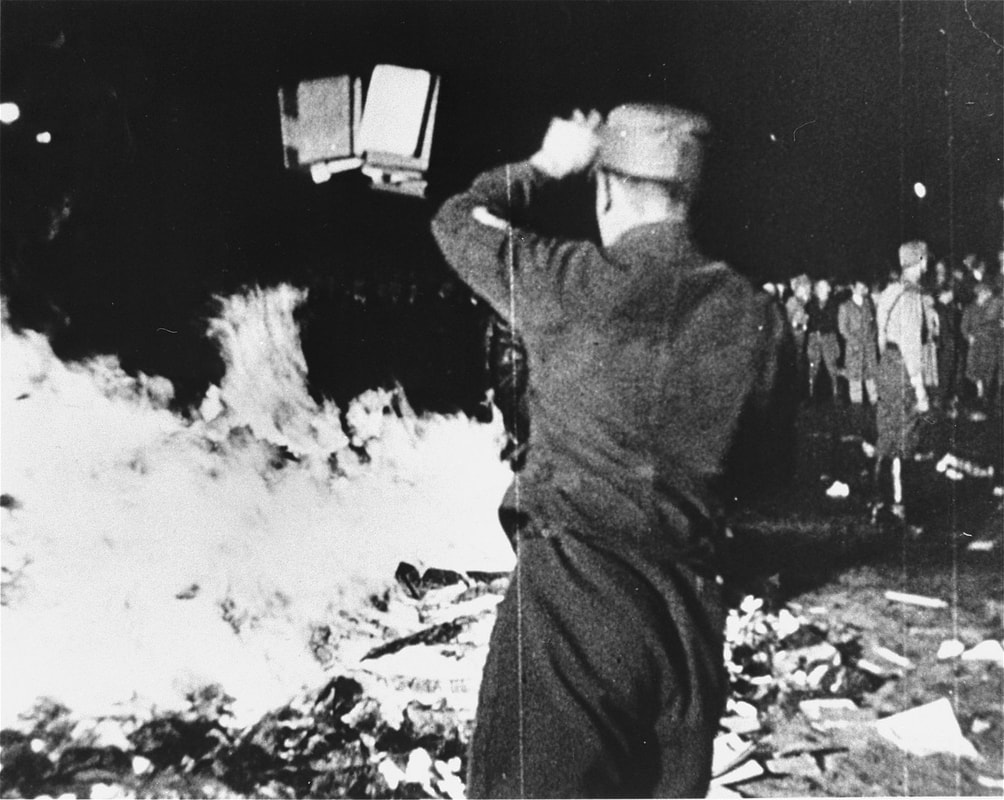

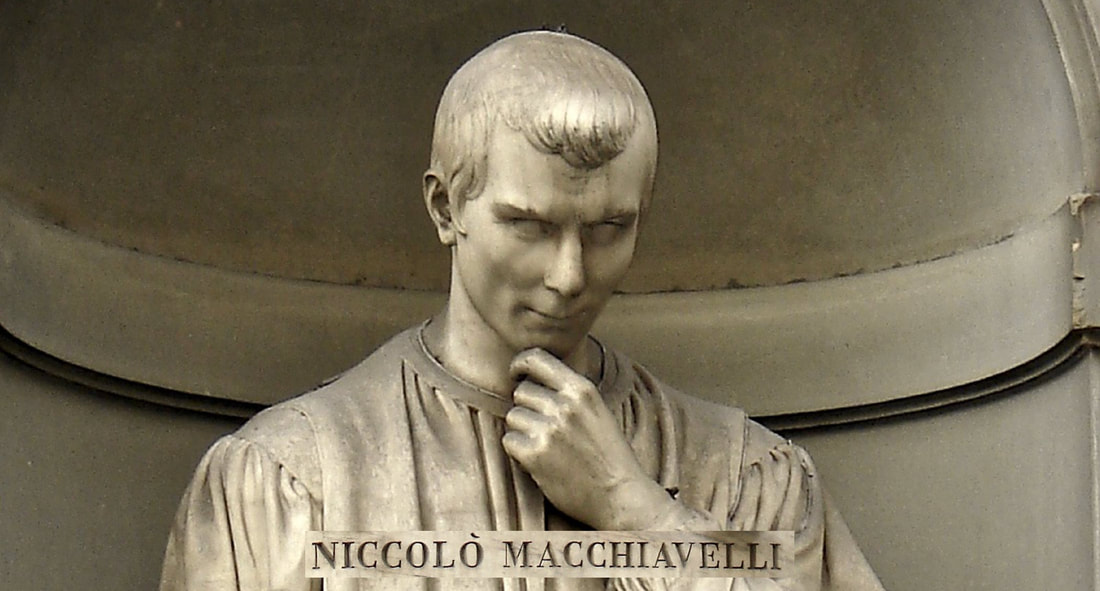

 RSS Feed
RSS Feed